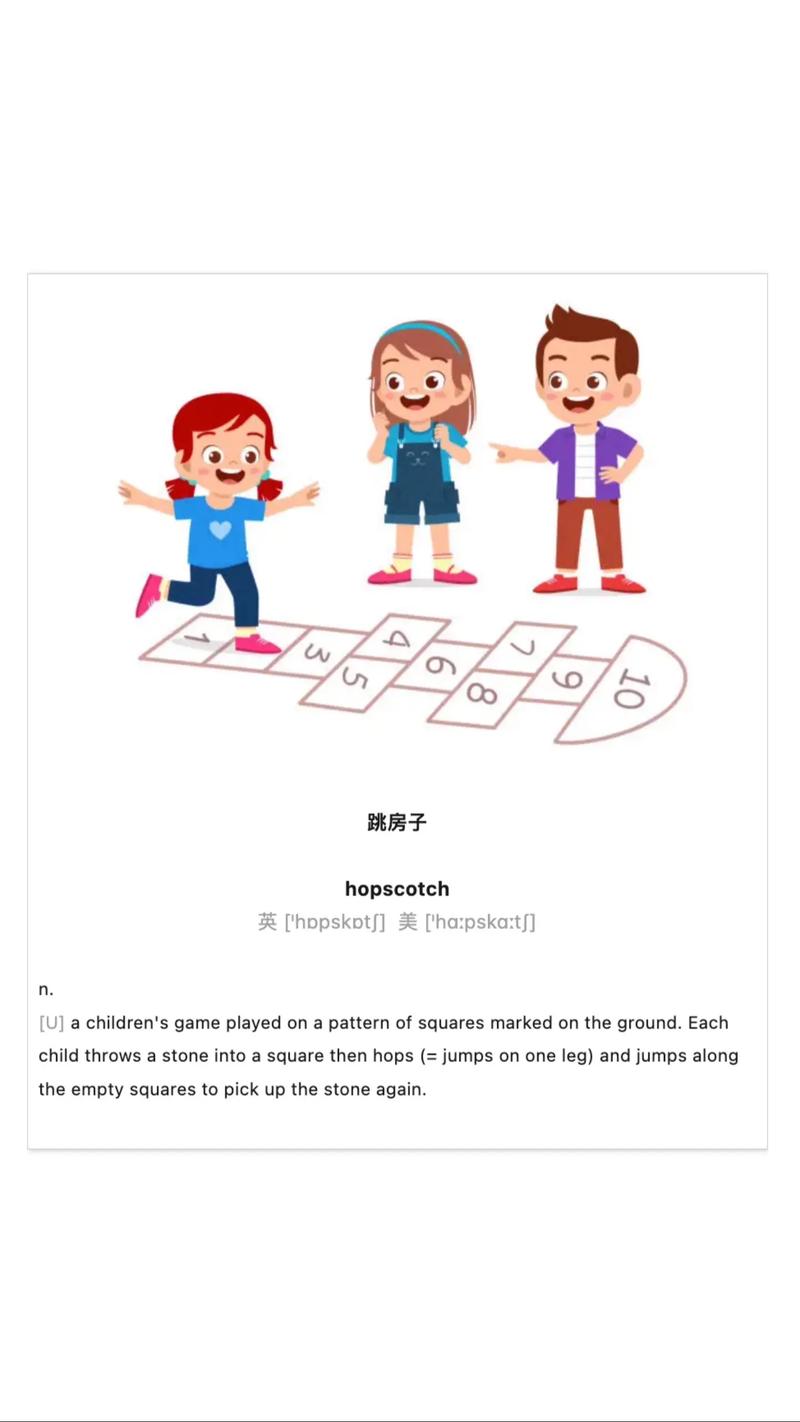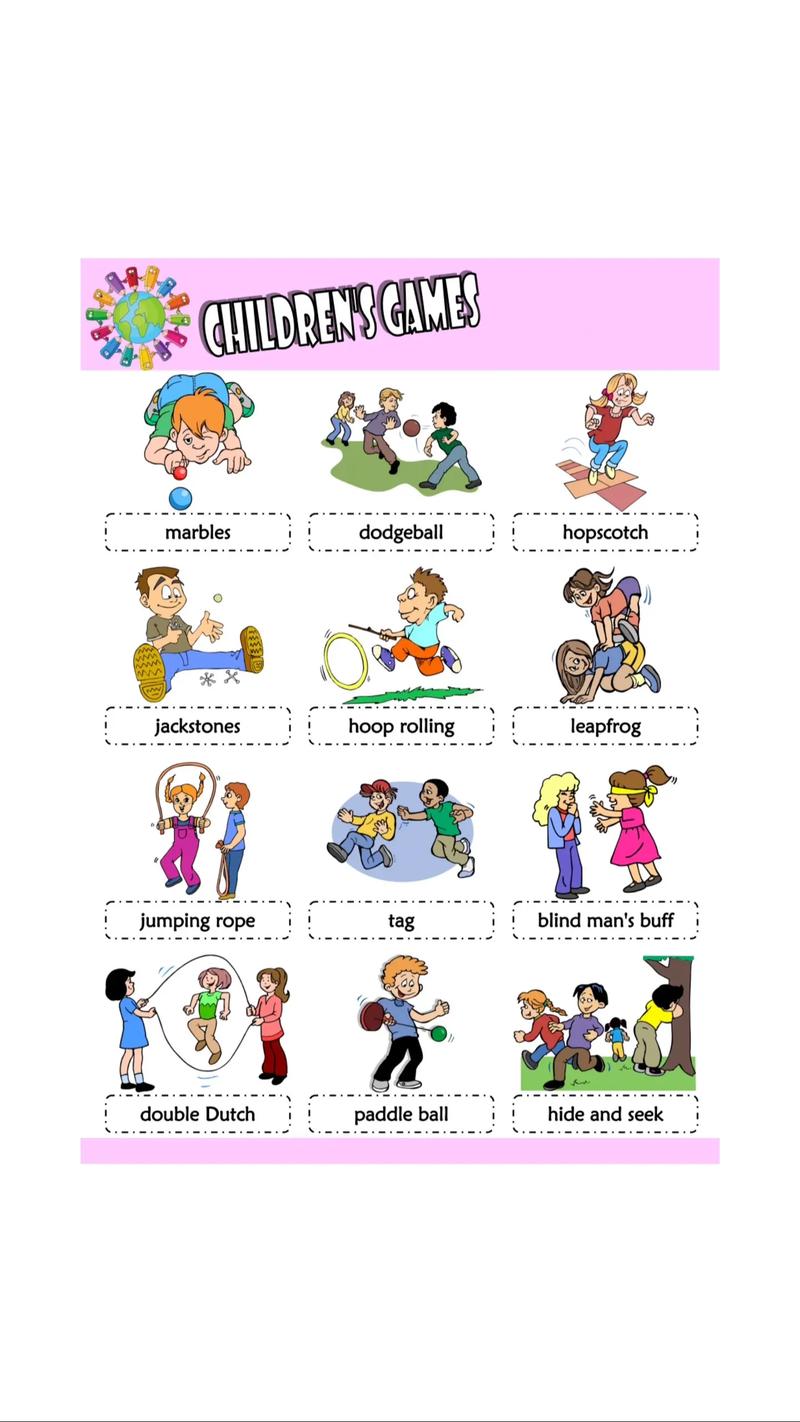Understanding the Importance of Games with Money for Kids
Games with money for kids are not just about fun and entertainment; they play a crucial role in shaping their financial literacy and decision-making skills. By introducing children to the concept of money at an early age, parents and educators can help them develop a strong foundation for managing finances in the future.
Benefits of Games with Money for Kids
1. Financial Literacy: Games that involve money help children understand the value of money, how it is earned, and how it can be spent or saved. This knowledge is essential for making informed financial decisions later in life.

2. Budgeting Skills: Many money games require children to plan and allocate their resources wisely. This helps them develop budgeting skills that are crucial for managing their finances effectively.
3. Decision-Making: Games with money often present children with various scenarios where they need to make decisions. This helps them learn to weigh the pros and cons of their choices and understand the consequences of their actions.
4. Patience and Delayed Gratification: Money games that involve saving or investing can teach children the importance of patience and delayed gratification. They learn that waiting for a reward can be more beneficial than immediate gratification.
Types of Games with Money for Kids
1. Board Games: Board games like Monopoly, Life, and Payday are popular choices for teaching children about money. These games simulate real-life financial situations and help children understand the concept of earning, spending, and saving.

2. Video Games: Video games like The Sims and Minecraft offer virtual worlds where children can manage their own finances. These games provide a fun and interactive way to learn about money management.
3. Online Games: There are numerous online money games available that cater to different age groups. These games often have educational content and can be accessed from anywhere with an internet connection.
4. Educational Apps: Many educational apps are designed specifically to teach children about money. These apps offer interactive lessons and activities that make learning about money fun and engaging.
How to Choose the Right Money Game for Your Child
1. Age Appropriateness: Choose a game that is appropriate for your child’s age and developmental level. Younger children may benefit from simpler games, while older children can handle more complex financial scenarios.
2. Educational Value: Look for games that have a strong educational focus on money management, budgeting, and financial literacy.
3. Engagement: Choose a game that your child will enjoy and be motivated to play. A game that is too difficult or boring may not be effective in teaching financial skills.
4. Parental Involvement: Consider a game that allows for parental involvement, as this can help reinforce the lessons learned during gameplay.
Table: Popular Money Games for Kids
| Game | Age Range | Focus |
|---|---|---|
| Monopoly | 8 and up | Property investment, budgeting |
| Life | 8 and up | Financial planning, career choices |
| The Sims | 10 and up | Money management, household budgeting |
| Minecraft | 8 and up | Resource management, economic systems |
Conclusion
Introducing children to games with money can be a valuable tool in their financial education. By selecting the right games and encouraging parental involvement, children can develop essential financial skills that will benefit them throughout their lives.